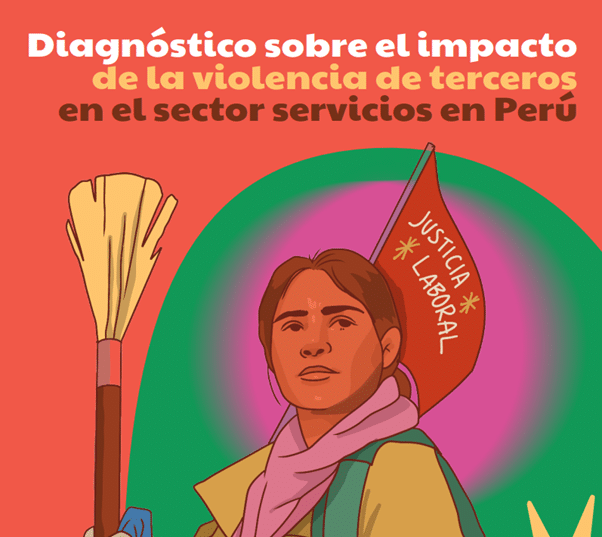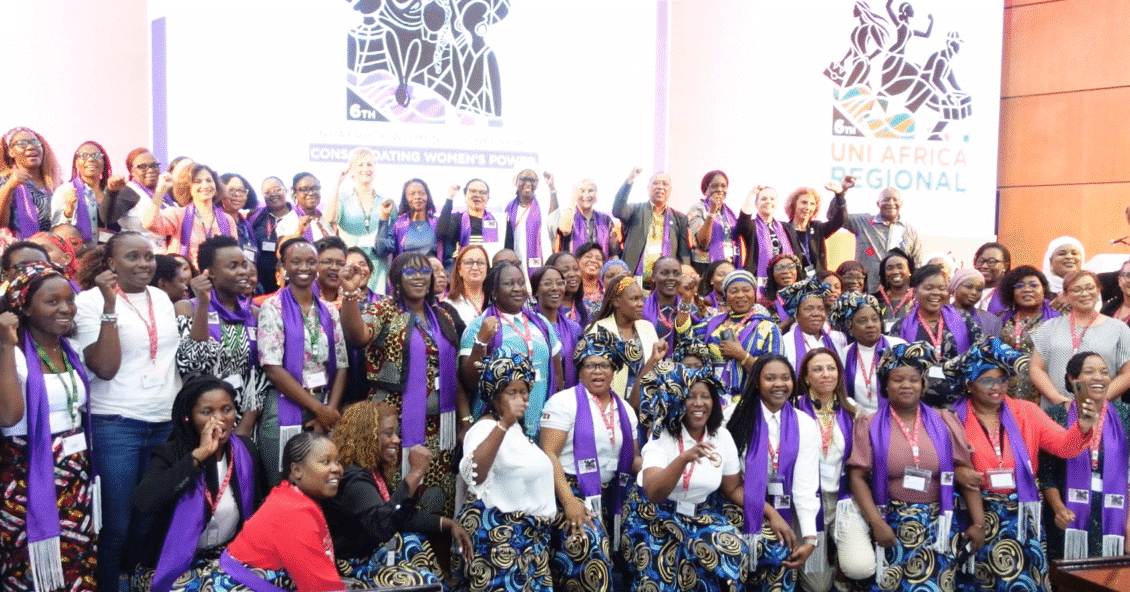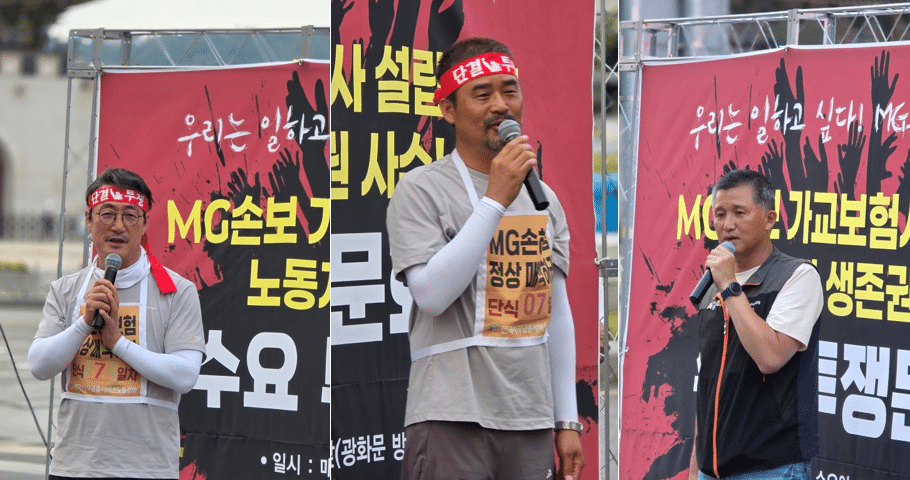New study: More than half of service workers in Peru faced violence from customers
06.11.24
A new study by UNI Americas has, for the first time, exposed the widespread prevalence and consequences of third-party violence in Peru’s service sector, with more than half of surveyed participants reporting incidents of verbal abuse, physical violence and degrading treatment. Women are particularly vulnerable, experiencing higher rates of harm and sexual harassment.
The report, titled “Diagnosis on the impact of third-party violence in the service sector in Peru” draws on survey data to illustrate the alarming reality faced by workers who encounter violence from customers, clients or the public.
“After administering an injection, an older patient tried to touch my backside. I had to call the guard.” Woman, health sector
The study analysed 659 responses from workers in the health, private security, finance, trade, casinos, cleaning and other sectors. Key findings include:
– High incidence of verbal aggression: 55 per cent of workers have experienced insults and verbal aggression from third parties.
– Gender disparities in threats and harassment: 18 per cent of men reported threats of physical violence, while women experienced more sexual harassment, affecting nearly 20 per cent of respondents.
– Psychological impact: More than a third (37 per cent) of respondents reported psychological or emotional distress because of third-party violence. Workers reported using medication to treat sleeplessness and depression as a result.
– Inconsistent employer response: A lack of uniformity in employer responses to violence against employees, with considerable variation among sectors. Some 23 per cent of respondents said that their employer would side with the client and 20 per cent said that the employer would hold them responsible for third party abuse.
In June 2022, Peru ratified the International Labour Organization (ILO) Convention 190 and Recommendation 206 on violence and harassment, signalling a clear commitment to address these issues in the workplace.
One of the main challenges in preventing third-party violence at work is the lack of complaints and reporting, leading it to become normalized, says the report. “Simply pretend it didn’t happen and move on,” said one male worker from the commerce sector.
“Third-party violence usually goes unreported and typically unmeasured. This report exposes the daily threats to the safety and well-being of workers in the service sector in Peru,” said Marcio Monzane, UNI Americas Regional Secretary. “Abuse is not part of the job and workers deserve respect. The findings underscore a serious problem that shows the urgent need for trade unions to include this issue in their collective bargaining and for employers and the government to protect workers from all forms of violence and harassment.”
The report includes case studies several recommendations for action by trade unions including:
- Training and awareness programmes: Equipping workers with the knowledge and tools to recognize and handle third-party violence.
- Collective bargaining initiatives: Including protective clauses addressing third-party violence in labour agreements.
- Policy advocacy: Pressing for legislative reforms that explicitly protect workers from third-party violence.
- Development of clear protocols: Collaborating with employers to establish and implement effective violence prevention and response plans.
Worker testimonials:
“When I was working in the field, I experienced two instances where the motorcycle assigned to me was stolen at gunpoint.” Man, finance sector
“The workspaces are extremely cramped, which encourages unwanted proximity and contact from both external and internal users, sometimes escalating to physical rubbing or touching.” Woman, commerce sector
“A customer called me a ‘f***ing black’ when I told her she could not try on clothes during the pandemic. I communicated this to the store manager, but he did nothing. The person remained in the store without being reprimanded for her actions.” Man, commerce sector
“In the store, the upset customer couldn’t find her size and threw the clothes in my face.” Woman, commerce sector
“Keep quiet [about the abuse] to avoid being fired from work.” Woman, health sector
“I have nightmares.” Woman, finance sector
“Fear of being fired.” Man, health sector
Peru
UNI Americas


